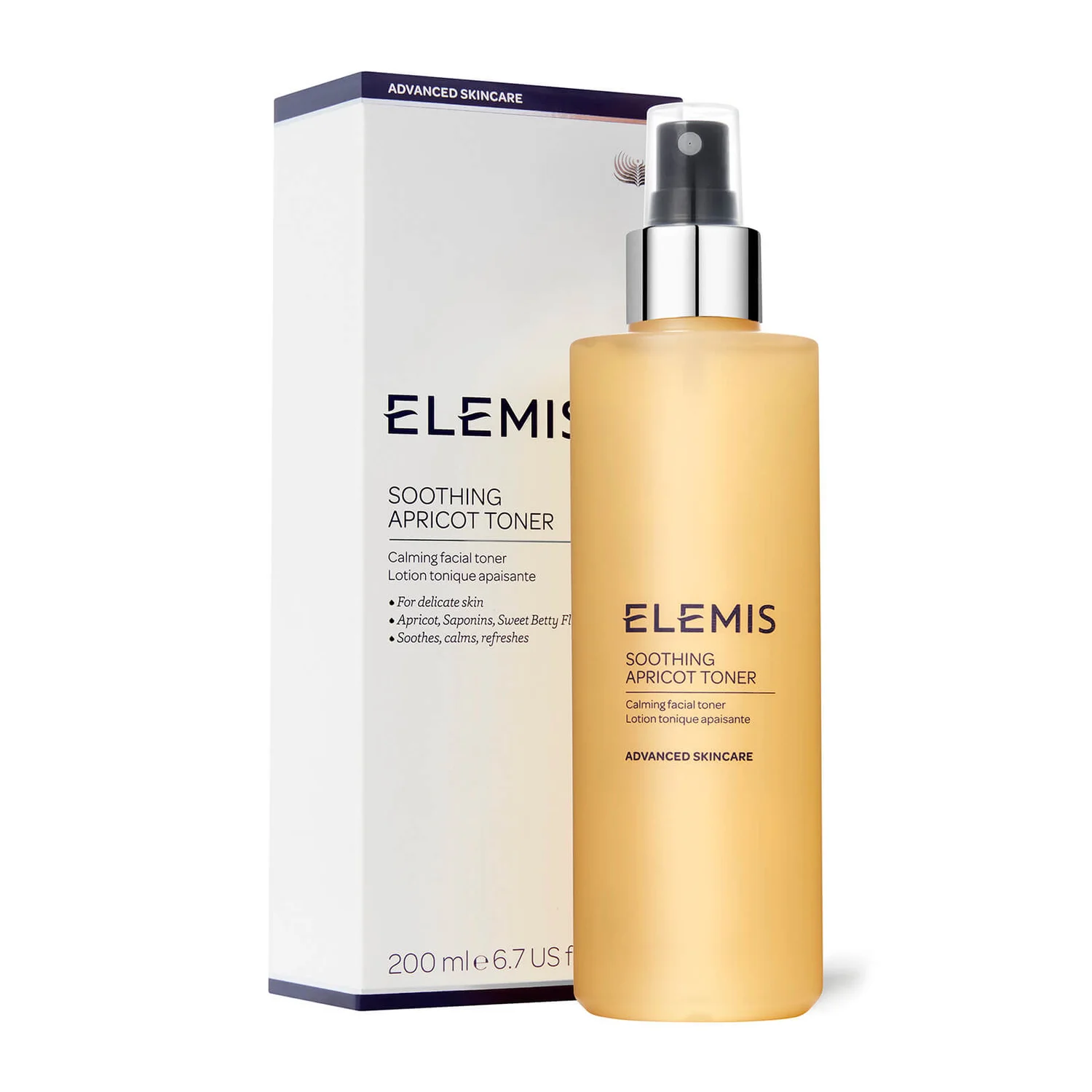How to select products for acne-prone skin type?
Acne-prone skin needs much more than slathering on acne-fighting lotions and potions. It can also entail changing daily habits, which is usually a new skincare regimen. In this guide, you'll learn about everything from the basics of oral hygiene, like picking and popping, to more advanced clinical procedures.
Acne: What Is It?
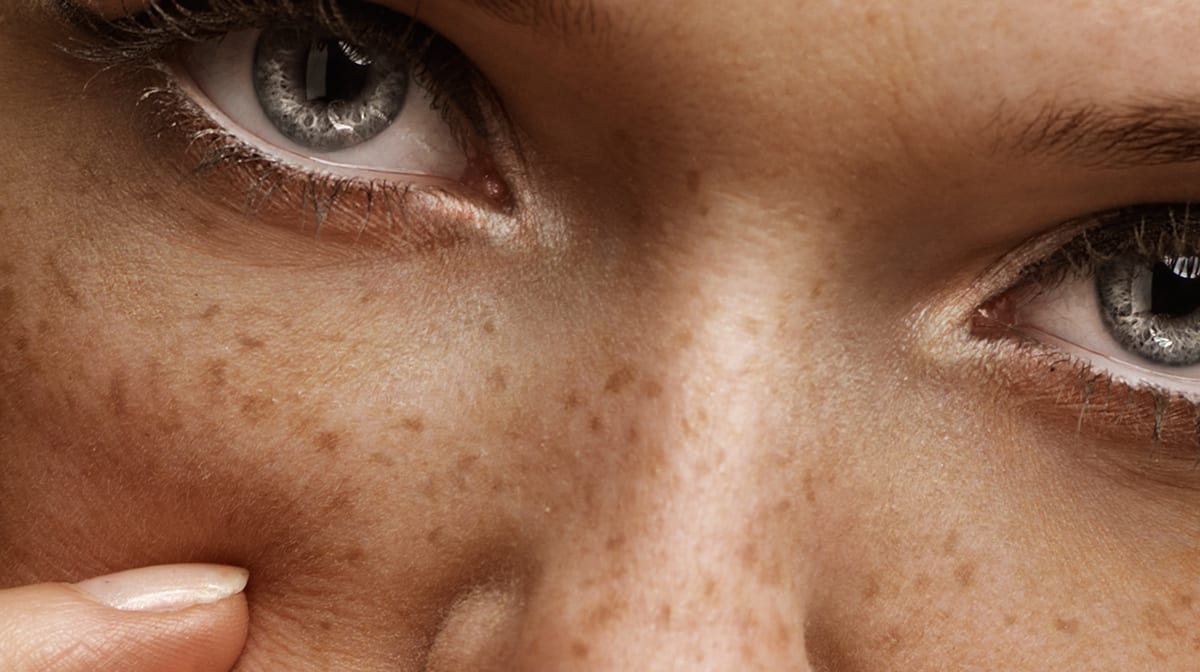 Although acne is one of the most frequent skin conditions, many of us don't know what it is or how to treat it. Whiteheads, blackheads, and uncomfortable cysts all fall under the umbrella term "acne," covering all skin lesions. When pores get clogged with oil and dead skin cells, the body's natural inflammatory response kicks in, causing red, elevated sores. Women may develop acne around their periods, during pregnancy, and around the time of menopause because of hormonal factors.
Although acne is one of the most frequent skin conditions, many of us don't know what it is or how to treat it. Whiteheads, blackheads, and uncomfortable cysts all fall under the umbrella term "acne," covering all skin lesions. When pores get clogged with oil and dead skin cells, the body's natural inflammatory response kicks in, causing red, elevated sores. Women may develop acne around their periods, during pregnancy, and around the time of menopause because of hormonal factors.
Causes of acne
All three hormones and microorganisms are implicated in the etiology of blemishes. Dead skin cells and germs block the follicles, making it impossible for sebum to leave. Acne is a result of this. As well as containing a hair and sebaceous gland, each pore on your skin is also an entrance to a hair follicle. Your skin is moisturized and velvety, thanks to the sebum produced by your oil glands.
Acne can be caused by:
- Overproduction of oil and dead skin cells in your pores can lead to acne.
- Your pores get infected with germs.
- Hormonal changes, such as: often cause oil
Women's menstrual cycle
- Puberty
- Pregnancy
- Menopause
- When it comes to acne, hormonal birth control may be the answer.
Even though many teens suffer from acne, the condition may occur at any age. Acne develops due to blocked pores and subsequent inflammation, regardless of the originating cause.
Acne Representation: Different Types of Acne
- When a follicle is obstructed by dead skin cells, the follicle is called a whitehead. A Cyst is larger, but this one is smaller and less inflammatory. Instead of popping a whitehead, use a spot cream on the affected area. Whiteheads can be prevented by using retinoid creams, which prevent dead skin cells from obstructing pores and allow the skin to better absorb treatments.
- When a whitehead is exposed to oxygen, the contents oxidize and become black, creating a blackhead. Because of its oil-soluble nature and tiny molecular structure, salicylic acid can reach deep into the pore to dissolve the 'glue' that holds the blockage in place, making it an excellent choice for both prevention and treatment blackheads. Another option is a blackhead extractor (we love Biore Deep Cleansing Pore Strips, which can be used biweekly) or nose strips, which may be used once or twice a week.
- An overpopulation of bacteria known as p.acnes is the cause of a pimple, which causes swelling, discomfort, and occasionally pus as a result of the body's immunological reaction. Get rid of pimples quickly and easily by using tea tree oil or fresh ginger to the affected area, which both contain antibacterial and anti-inflammatory characteristics.
- Compared to a whitehead, a cyst is more painful, bigger, redder, and elevated. Cyst popping can lead to the spread of bacteria and increased inflammation, which will only prolong the time it takes to go away.
- Another severe form of acne, the nodule, resembles a cyst in appearance. There is a solid, big and painful nodule beneath the skin's surface, just like a cyst. Although it doesn't have a distinct head, the lump of dead skin and sebum will remain in place and might last for weeks or even months, unlike cysts. The stuck material can be unclogged using retinoids and salicylic acid, but your doctor's prescription ointments or antibiotics are ideal.
Choosing an Acne Treatment That Works
When it comes to finding the right acne treatment, your skin type, acne kind and severity, and personal skincare preferences all play a role. Acne products can be purchased and used in accordance with the following general guidelines:
- Start with benzoyl peroxide. Choose a benzoyl peroxide-containing acne product as a starting point if you are unsure which one to choose. It works well and is generally accepted by the majority of people. Take some time before you anticipate results. The kind and quantity of an active component may be found on the product's label. Benzoyl peroxide doesn't always mean stronger. The effectiveness and safety of a 2.5 percent product can be equal to or better than that at higher concentrations.
- Start with acne products that are milder in potency. This can reduce redness, dry skin, and other skin issues. If necessary, gradually increase the strength of the substance you use and the frequency with which you use it over many weeks. In this way, your skin is progressively acclimated to the therapy.
- To get rid of obstinate acne, try multiple creams with different active components. To cure obstinate acne, it may be beneficial to use a variety of creams and components that look fantastic. Apply a separate product in the morning and at night to avoid irritating your skin.
- Be patient; it will all work out in the end. Time and perseverance are required when using acne remedies to treat acne. When using an acne product on a regular basis, benefits may not be seen for two or three months. In addition, it is possible that acne will appear worse before it improves.
- Find out what works for you. To discover what works best for you, you may have to experiment with a variety of products containing a range of active substances.
Acne-Prone Skin: How to Use the Right Products
Acne-prone skin can be frustrating to deal with. As a result, it might take some time to figure out why your skin is reacting the way it is. Your dermatologist may be unable to establish the specific source of your skin condition. In order to get rid of your acne, you'll have to go through a lot of trial and error. It is possible to find a solution to some problems on your own. It's best to consult a dermatologist in some circumstances rather than relying on your own judgment and a possible prescription.
The wide choice of acne-targeted skincare products on the market might be overwhelming if you have a minor case of acne or if you're simply trying to figure out what's going on on your own (and little solid advice on choosing the right products to clear up your skin). We could provide you with product recommendations that look fantastic, but you can find plenty of those on the internet already. We believe it would be more beneficial for you to learn how to select the best items for your needs on your own. Each individual's skincare needs are unique.
● There are no miracle treatments, so don't expect them.
Acne-prone skin can't be cured with a single treatment. In an effort to combat acne, skincare businesses sell treatments that promise immediate improvements, which they often can't provide. There are a number of variables that contribute to the development of acne. Bacteria, inflammation, and hormones all have a part. In addition, allergies and sensitivities must not be overlooked. It's impossible for one skincare product to treat all of acne's underlying causes. A product's promises are likely to be deceiving if they sound too wonderful to be true.
● Secondly, go for a more moderate cleansing regimen.
Your cleansing method may be overly harsh, regardless of whether you're struggling with sporadic breakouts or a continual stream of acne. Poor cleanliness is often blamed for acne, although this has been disproven time and time again. Many others believe that harsh or astringent products would "dry out" their acne. Instead of removing the source of the irritation, you're only aggravating it further by using strong cleaners, soaps, foamy washes, or drying spot treatments.
● Be wary of items with excessive alcohol content.
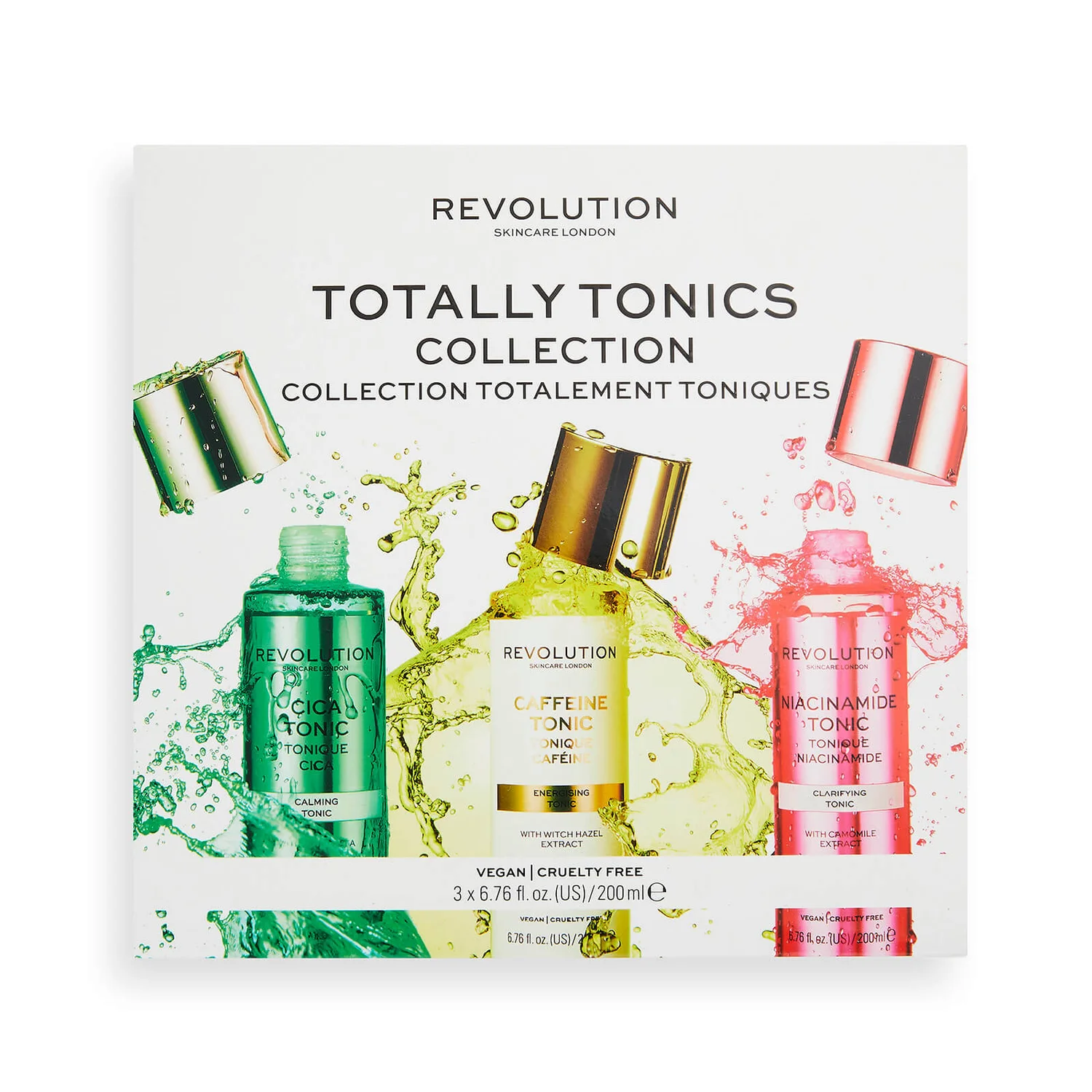
Many people believe that products that hurt are just doing their job while they are trying to get rid of their acne. When using products like Revolution Skincare Totally Tonics Collection that contains alcohol, you may be doing more damage than good. Even for oily skin, alcohol-based toners and similar formulas may be excessively drying. Glycolic acid, for example, might benefit from a modest quantity of alcohol in the formulation. This means you shouldn't rule out a product because it contains a trace level of alcohol.
● Recognize that moisture and oil are still required.
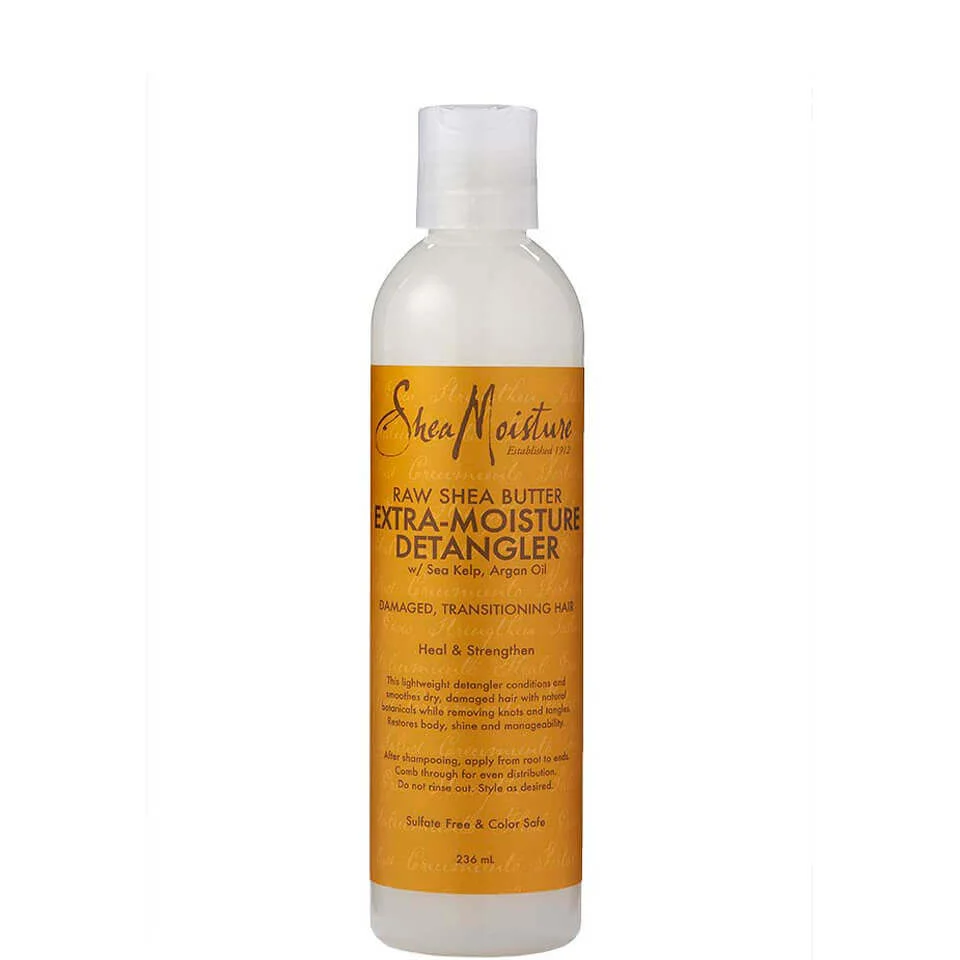
Many individuals use oil-free cosmetics and skincare products as a means of reducing oil production and preventing acne. On the other hand, it's not always a smart idea to do that. If you don't give your skin enough moisture, it will often get red and swollen, and this is because moisture and oil are essential for healthy skin. Even if you have acne, you don't need to cut out all oils, especially beneficial plant oils. Even if you have oily skin, you shouldn't skip moisturizing with Shea Moisture Raw Shea Butter Extra Moisture Detangler 236ml.
● Toss in a couple of chemical exfoliants to the mix
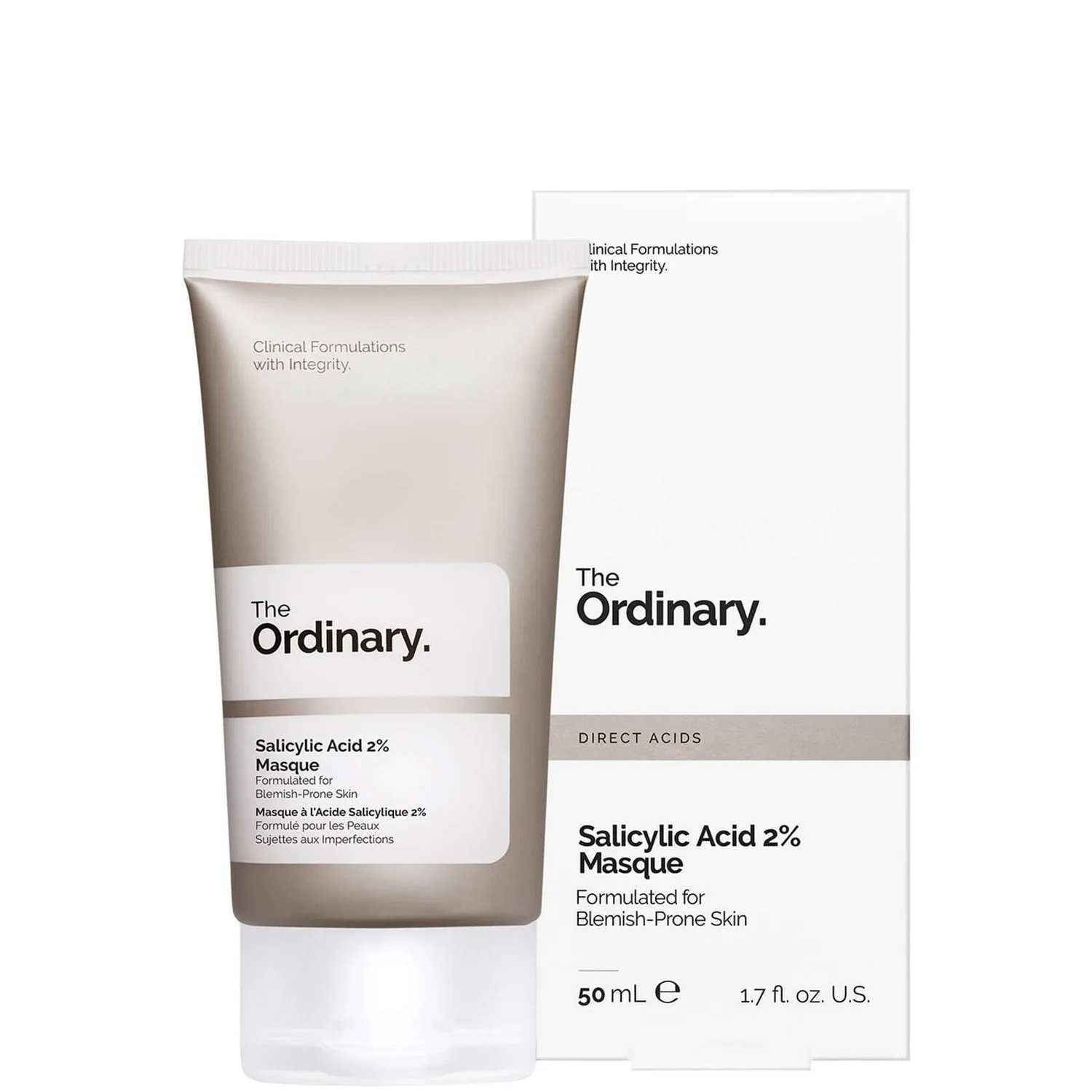
It's better to use chemical exfoliants, rather than slathering on spot treatments, on your face in the hopes that they'll help, rather than hoping for the best. The use of products like The Ordinary Salicylic Acid 2% Masque 50ml made with salicylic and glycolic acids will aid in the treatment of clogged pores and the prevention of the buildup of dead skin cells. Choosing the strongest concentration isn't the best idea at this point. Peeling and inflammation are the normal outcomes.) Acne-prone skin, on the other hand, benefits greatly from the use of a mild exfoliator.
● If you're able to be mild, go for spot treatment.
You can use a spot treatment in addition to your exfoliator to get rid of spots as soon as they occur. Dermatologists frequently propose benzoyl peroxide or sulfur-based spot treatments. However, just like with an exfoliant, moderation is key. Don't immediately aim for the highest level of focus. Also, don't apply a spot-treatment product to your entire face. Dryness and inflammation are the last things you want when you're attempting to clear up acne.
● Do not rely on non comedogenic products for your skincare needs.
There are a lot of facial moisturizer products out there, whether you're looking for skincare items or a new cosmetics collection. But the truth is that there are no standardized definitions for the phrase. There's no way to know for sure whether or not a product may clog your pores, even if it has that label on it. While oil-free products may seem like a better option, they're not always. Other components might thicken, weigh down, or otherwise cause an allergic reaction.
Acne Treatment Methods and Home Remedies
- Skincare products can be quite beneficial, but they may not be enough on their own. You'd have to make some adjustments to your diet and daily routine. There are a few things you can do:
- Acne may be avoided by washing twice a day. As a rule of thumb, wash your face before you go to sleep and in the morning, or more frequently if you're sweating.
- It's not a dish you're cleaning; be careful. Exfoliating with a harsh exfoliant or vigorously scrubbing may not improve acne-prone skin, but they may irritate and redden it.
- Keep your hands away from your acne-prone skin and resist the desire to pick or burst pimples. When you have a pimple, it can get infected and spread bacteria to other parts of your skin.
- Can't seem to stop yourself? Using a clean Q-tip, gently push down on each side of the whitehead or blackhead to extract the sebum from the pores.
- Infuse anything that comes into touch with your skin. We're referring to everything that might trap dirt and clog your pores, such as your bedding, phone screens, and cosmetic utensils, which should be washed at least twice a week (at least once a week if not every day.)
- There is no joking about non comedogenic goods. Additionally, they're considered non-acnegenic because they don't clog pores. Also, steer clear of scents and alcohol.
- Hair products might be a sly ally in your love life. On your forehead and neck, they might produce pimples. Avoid using products that contain oil since the oil might migrate to your skin.
- Drink as much water as you possibly can. Hydration can aid in the fight against excessive sebum production.
- Supplement and diet claims can be deceptive, especially online. Before embarking on any food regimen, get the counsel of a nutritionist.
If you have oily skin, toners are a great addition to your regular face care regimen. Glycolic acid, tea tree oil, and witch hazel are just a few of the many chemicals in toners that can help reduce oiliness. Oily skin can benefit from the use of toner like Elemis Soothing Apricot Toner made particularly for this kind of skin. A good toner should be able to exfoliate and soothe the skin at the same time, and it should be oil-free.
